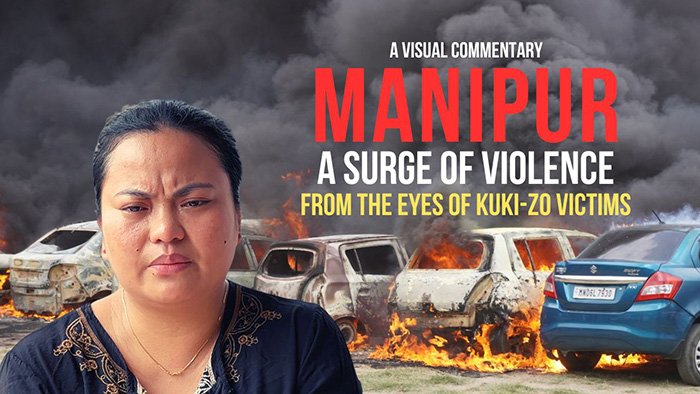
MANIPUR | A Surge of Violence
Kai Neu, a nurse, and Thanghoulal, a driver, represent many from the Kuki-Zomi tribes who have suffered ceaseless violence since May 3, 2023, in Manipur, a state in Northeast India. They inhabit Churachandpur district, which remained inaccessible with no Internet connectivity either.
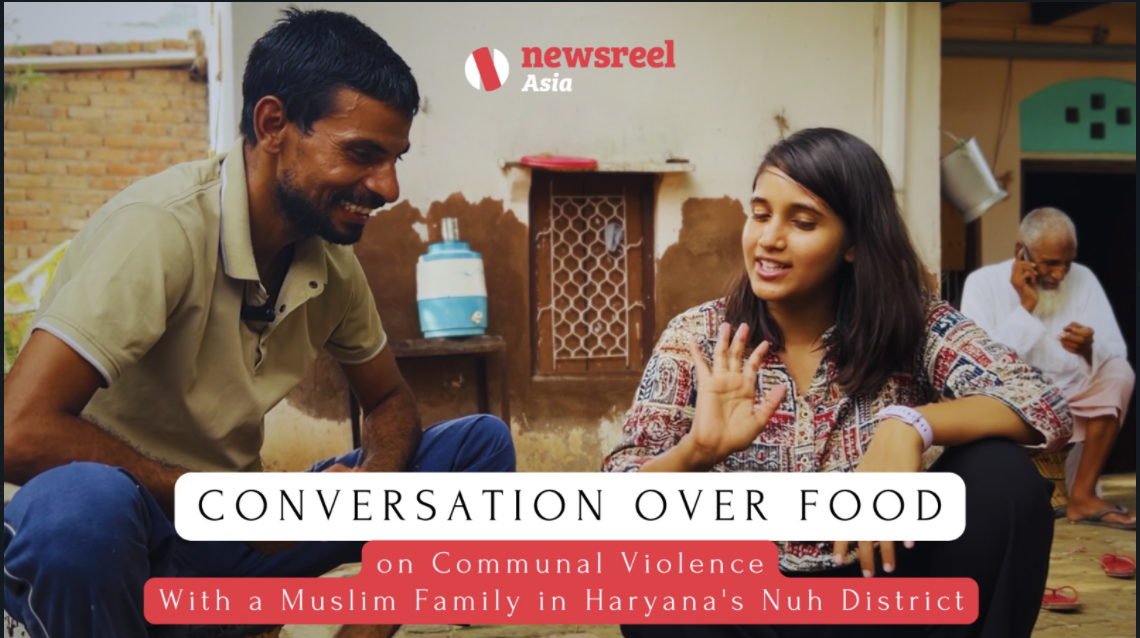
ON COMMUNAL VIOLENCE | Conversation with a Muslim Family in Haryana's Nuh District
Mohammed Soheb, a farmer residing in the predominantly Muslim district of Nuh in the North Indian state of Haryana, has long endeavored to shed light on its status as India's least developed district. Soheb, along with his fellow Nuh inhabitants, has always taken pride in the harmonious coexistence of Muslims and Hindus in the region.

WHY NOT 50-50? | Unequal Representation of Women in Indian Politics
Rashmi Singh and Sadaf Khan, like many women in Madhya Pradesh state, aspire to participate in public life by running for elections. They have joined the ongoing movement advocating for equal representation of women in Indian politics. Presently, women hold less than 15% of seats in the country's parliament and most state Assemblies.

AGEING MOUNTAINS | The Toll of Youth Migration on the Elderly
Kuldeep, a young man in Uttarakhand state, is one among countless individuals who have abandoned their native villages, and traditional farming, to migrate to big cities in search of employment. A few kilometres away, an elderly couple, Yashoda Devi and Ramesh Chand, bear witness to this mass migration, living alone in their now desolate village.
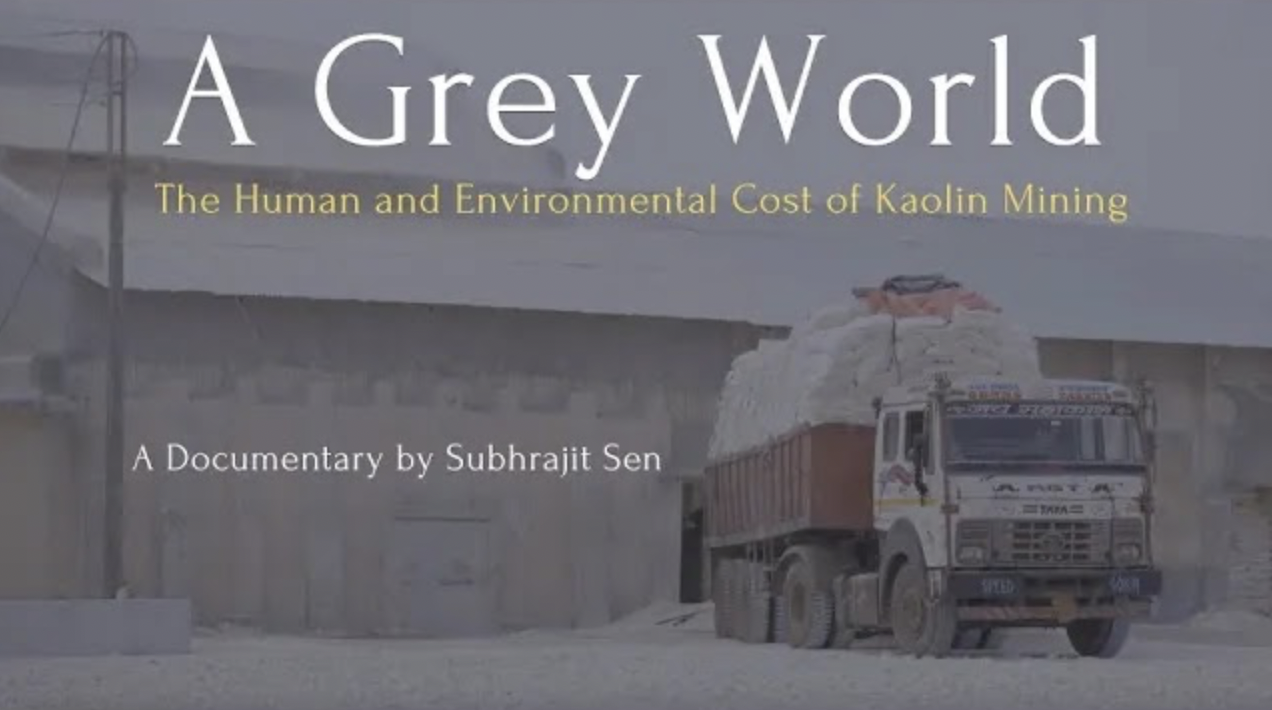
A GREY WORLD
Kaolin, or China clay, is a mineral harmful to both humans and the environment. Located in Kharia Village in West Bengal state?s Birbhum District, is a Kaolin mine and processing unit owned by Patel Nagar Minerals Pvt. Ltd. Founded in 1955, it?s one of India's longest-standing China clay processing units. The unregulated pollution from this unit poses a significant health risk to locals, damaging soil, groundwater and agriculture, and severely affecting the region's ecosystem. This story, by Kolkata-based filmmaker Subhrajit Sen, explores the mining?s impact on workers and villagers. It was produced with support from Internews? Earth Journalism Network Asia Pacific Grant 2022.
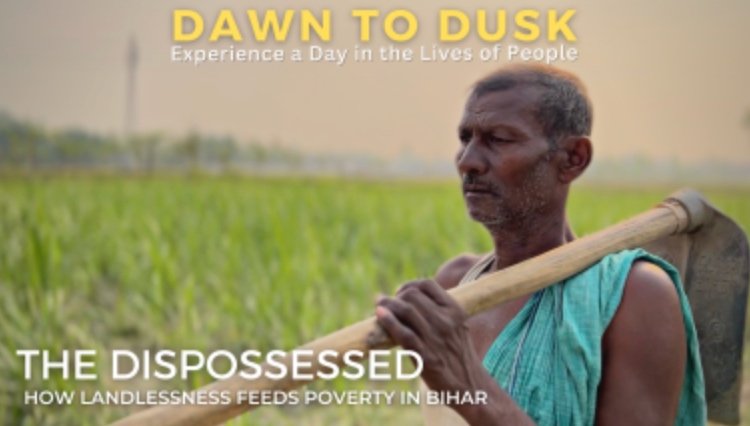
THE DISPOSSESSED | How Landlessness Feeds Poverty in Bihar
Deba Manjhi, a 75-year-old labourer from Bihar's West Champaran district, used to receive 3 hatai (2.25 kg) of paddy in exchange for a grueling day's work a couple of decades ago. Presently, he labours 5 to 6 hours daily in the agricultural fields owned by land-owning farmers, earning a meager wage of 150 rupees.

SILENCING DEMOCRACY | Curbs on the ‘Right to Protest’ in The National Capital
Gulfisha Fatima, a former student turned activist from Seelampur in Delhi, was arrested by the Delhi Police in April 2020. Alongside numerous other activists who participated in the anti-CAA movement, she faced charges under anti-terror laws and was booked under the stringent UAPA (Unlawful Activities Prevention Act).

THE BROKEN | Dalit Sikhs Fight Back In Punjab
Gurwinder Singh is a Dalit Sikh. His family has a history of working as bonded labourers, known as "Seeris," for landowning farmers in Bauran Kala village in the Sikh-majority Punjab state. His father, now 65 years old, is still working as a "dung-rubbish picker," a job predominantly done by Dalit Sikhs, who are landless and impoverished.
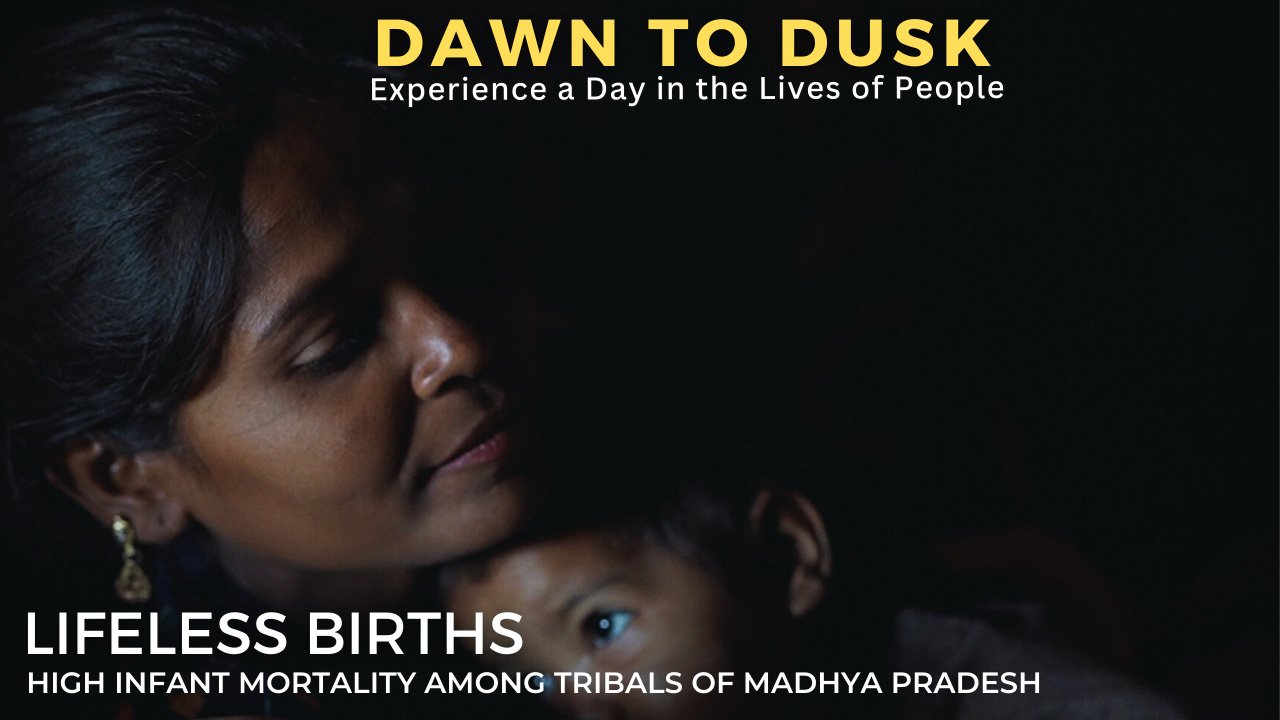
LIFELESS BIRTHS |High Infant Mortality among Tribals in Madhya Pradesh
Young women Laila and Rajanti, like many other women from Madhya Pradesh state's Sahariya tribe, were able to conceive. However, what happened after the birth of their children was not in their hands. The Sahariyas are one of the 75 "particularly vulnerable" tribes of India.
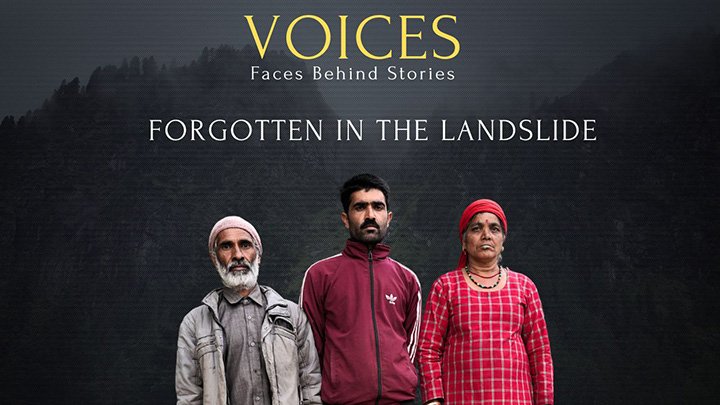
FORGOTTEN IN THE LANDSLIDE
Jhabe Ram bursts into tears as he narrates how a landslide swept away his family's house in Himachal Pradesh state, killing eight members of their joint family, including his wife and two children as well as his brother and his entire family. This northern state in the Himalayas is no stranger to natural calamities.

CRUSHED ASPIRATIONS | Academic Chaos In Bihar
Adarsh Kumar, a self-motivated, bright student from Bihar, aspires to pull his family out of poverty. However, he has little more than his resolve to take him closer to his dream, by serving in the Indian Army. To pass every stage of recruitment, and there are many, can his determination compensate for…
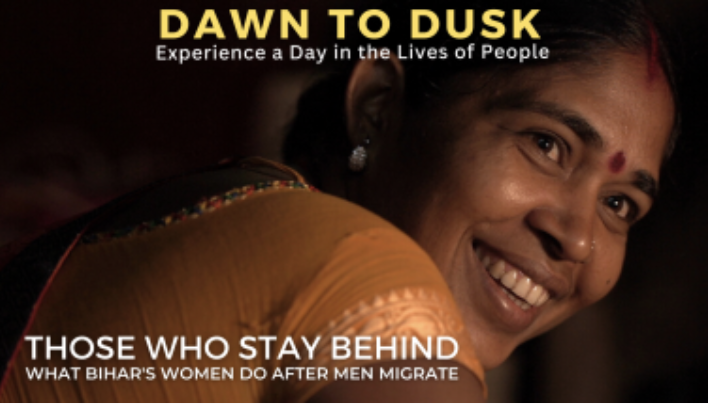
THOSE WHO STAY BEHIND | What Bihar’s Women Do after Men Migrate
Neelam Devi, from India's Bihar state, and her family were once unable to afford basic necessities such as oil for cooking, clothing, and even soap for personal hygiene. This dire situation forced her husband to leave and work as a labourer in Delhi, hundreds of kilometres away. Though they are now able to afford food, her two daughters still had to drop out of school.
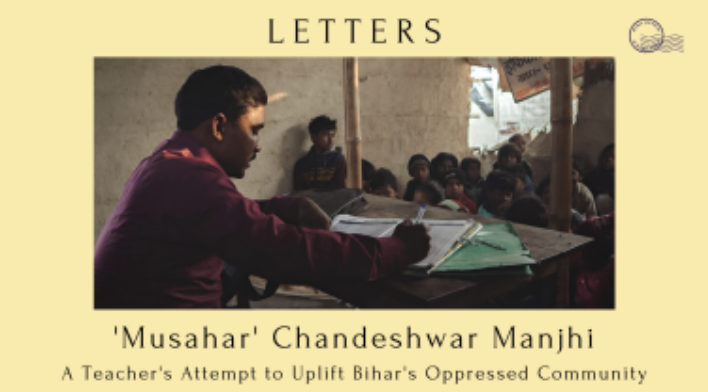
‘MUSAHAR’ CHANDESHWAR MANJHI | A Teacher’s Attempt to Uplift Bihar’s Oppressed Community
Chandeshwar Manjhi, a teacher in Bihar, is working to empower the Musahar community, a marginalized group of roughly 2.2 million people who are among the most oppressed in the state. With a low literacy rate and a history of poverty and discrimination, Musahars are the lowest of the low in India?s caste hierarchy.

UPROOTED | From Fertile Hills to Man-made Islands
Ravinder Kumar Mehra, a resident of Himachal Pradesh state, still feels uprooted, 50 years after his family was displaced from their land. Tens of thousands of other families also continue to pay the price for the construction of Pong Dam on the Beas River, even as justice remains a distant dream.

CART PULLER | Life of a Daily Wage Worker
More than 41,000 daily-wage workers died by suicide in India in 2021, as per the government?s National Crime Records Bureau, which also showed these workers form the country?s largest group among the suicide victims. This short film depicts a day in the lives of cart pullers in the national capital of Delhi.

DINNER WITH LEKHYAS | Conversation with a Tibetian Family
Tenzin Lekshay is one of the 30,000 Tibetan refugees living in Mcleodganj town in the north Indian state of Himachal Pradesh. His family fled to India with the Dalai Lama, along with 80,000 other Tibetans, after a failed uprising in 1959. In his conversation with the host Harshita Rathore

DELHI | Through the Lens of Gender
Shreya went through panic attacks after being sexually harassed by men in Delhi, India?s national capital which is also known as the country?s most unsafe city for women. Her fear led her to look for empowerment, which she finally found. But that didn?t mean she was now safer than other women in the city.
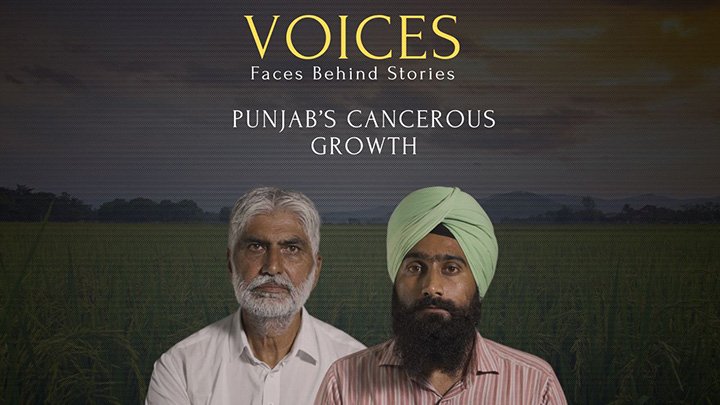
PUNJAB’S ‘CANCEROUS’ GROWTH
Harsimranjit Singh spent much of his youth looking after his father, who had cancer. Fazilka, where he lives, is one of the 11 districts that comprise Punjab state's "cancer belt," the Malwa region. In the nearby Ferozepur district, Kuldeep Singh had to quit farming as his wife was diagnosed with cancer.
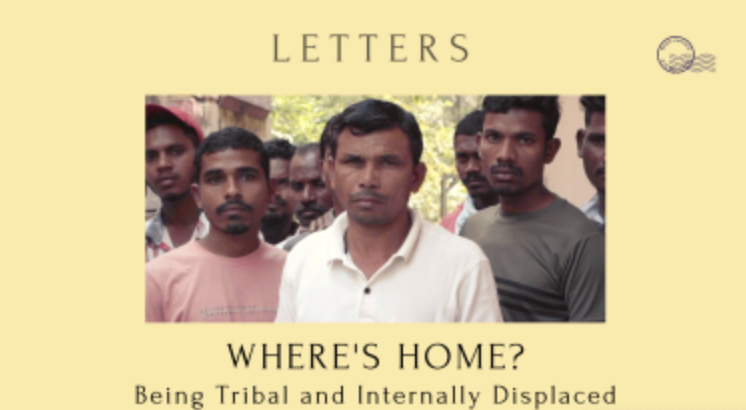
WHERE’S HOME | Being Tribal and Displaced
Kartam Kosa, a tribal man from Chhattisgarh state, and his family fled their home in 2005, when fighting between Maoist insurgents and a civilian militia, Salwa Judum, intensified. About 55,000 tribal people left their ancestral homes and found refuge in the forests of neighbouring states.
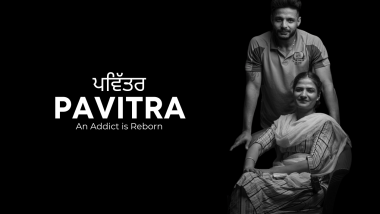
PAVITRA | An Addict is Reborn
It was out of curiosity that Pavitra tasted alcohol for the first time when he was at school. His adventure soon turned into drug abuse, addiction.... and even crime. The story of Pavitra, who lives in Punjab state's Sri Muktsar Sahib district, may resemble the stories of nearly four million people in the state who abuse substances.
